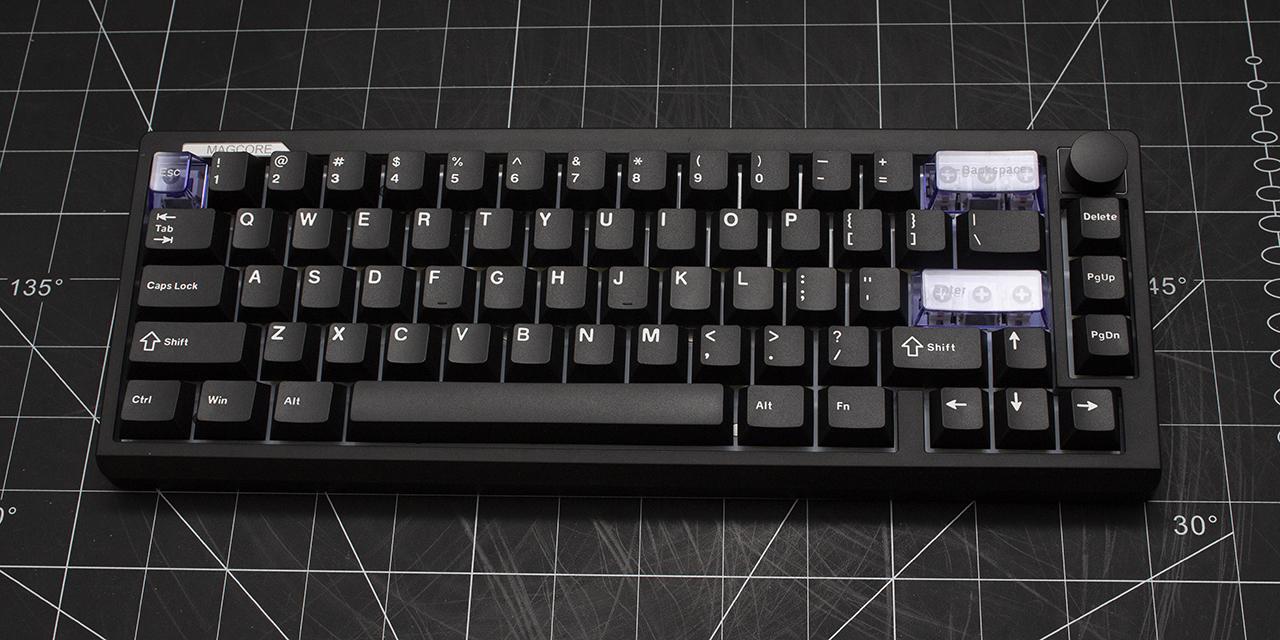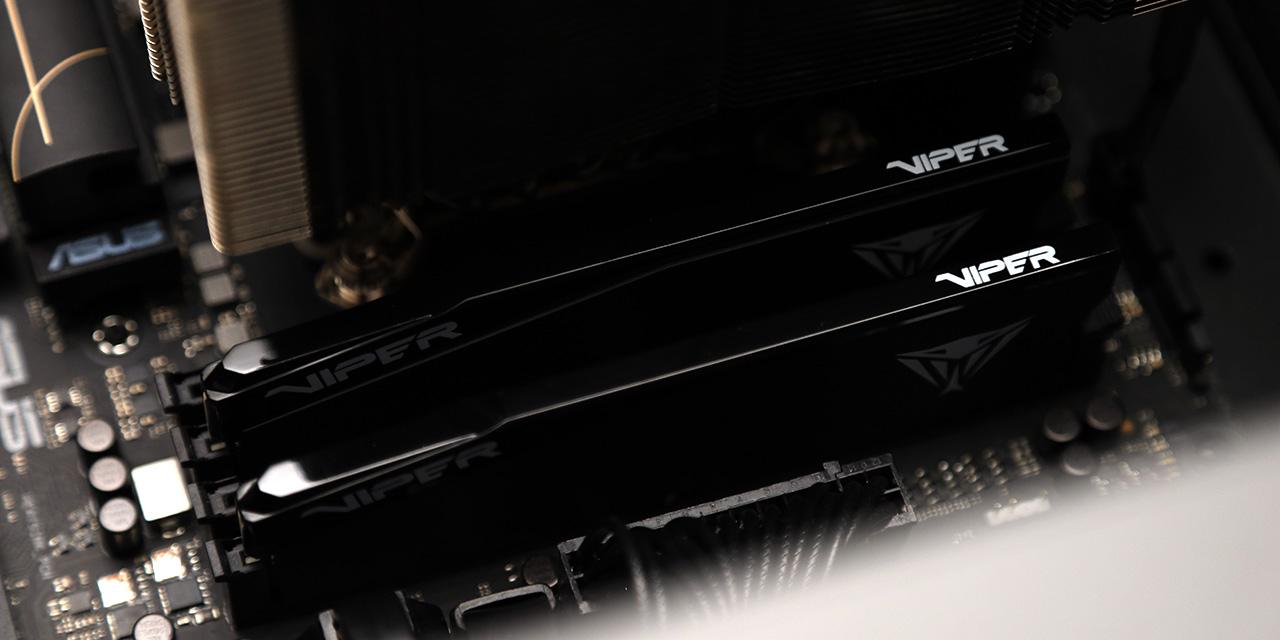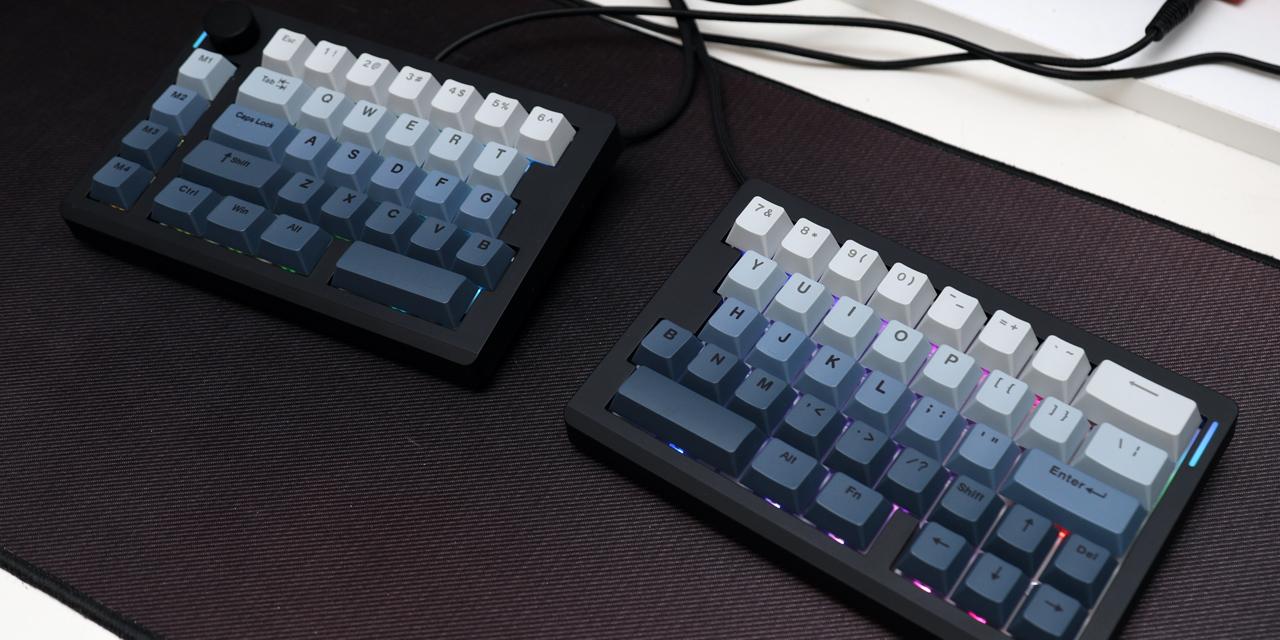|
From X-bit Labs: Intel Corp.’s highly-anticipated new-generation Core i7 Extreme-series microprocessors will not be as revolutionary as they could be, according to newly published specifications of the code-named Ivy Bridge-E chips for desktops. Intel plans to release three new chips for high-end desktops (HEDTs) in the second half of 2013, but they will be barely faster than predecessors, if the unofficial information is correct. Intel plans to release three “Ivy Bridge-E” central processing units this year: Core i7-4960X, Core i7-4930K and Core i7-4820K, according to a slide that resembles those from Intel’s roadmaps published by Chinese VR-Zone web-site. Two of the new microprocessors will feature six cores and one will sport four cores. The new products will feature a little higher clock-speed compared to existing Core i7 “Sandy Bridge-E” microprocessors and will continue to feature 130W thermal design power. In case the slide is legitimate and specifications published by the web-site are correct, then it appears that Intel decided not to increase core-count of the new HEDT-class microprocessors, even though it was technologically possible to do so. Moreover, given the silicon inside the new central processing units, it was also hard for Intel to push frequencies up significantly. Keeping in mind the fact that Ivy Bridge micro-architecture is not considerably faster than the Sandy Bridge, the Intel Core i7-4800/4900 processors will not be able to provide substantially higher performance than the existing Intel Core i7-3800/3900 chips. Still, those, who want to get even a slight performance boost can install the new chips into existing LGA2011 mainboards. According to unofficial information, the new Ivy Bridge-E/EP design, which is set to emerge in the second half of 2013 and to power various microprocessor products, will have physical twelve cores and 30MB level-three cache, up significantly from eight cores and 20MB L3 cache inside Sandy Bridge-E/EP. The Ivy Bridge-E variation of the chip will be the base for high-end enthusiast-class Core Extreme processors as well as workstation-class Xeon chips, whereas the Ivy Bridge-EP will be used for Xeon chips for dual-socket severs. Even though the slide, which presumably comes from Intel’s roadmap, points to availability of Intel Core i7-4800/4900 “Ivy Bridge-E” processors in Q3 2013, the web-site itself reports that the products will be available in November. Given such significant inconsistency, the information about availability should be taken with a grain of salt. View: Article @ Source Site |
 |
Intel’s New Extreme Processors Will Barely Improve Performance Significantly
© Since 2005 APH Networks Inc. All trademarks mentioned are the property of their respective owners.





